
Mass media refers to a diverse array of media that reach a large audience via mass communication.
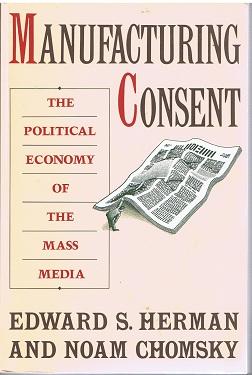
Manufacturing Consent: The Political Economy of the Mass Media is a 1988 book by Edward S. Herman and Noam Chomsky. It argues that the mass communication media of the U.S. "are effective and powerful ideological institutions that carry out a system-supportive propaganda function, by reliance on market forces, internalized assumptions, and self-censorship, and without overt coercion", by means of the propaganda model of communication. The title refers to consent of the governed, and derives from the phrase "the manufacture of consent" used by Walter Lippmann in Public Opinion (1922). The book was honored with the Orwell Award.

Propaganda is communication that is primarily used to influence or persuade an audience to further an agenda, which may not be objective and may be selectively presenting facts to encourage a particular synthesis or perception, or using loaded language to produce an emotional rather than a rational response to the information that is being presented. Propaganda can be found in news and journalism, government, advertising, entertainment, education, and activism and is often associated with material which is prepared by governments as part of war efforts, political campaigns, health campaigns, revolutionaries, big businesses, ultra-religious organizations, the media, and certain individuals such as soapboxers.
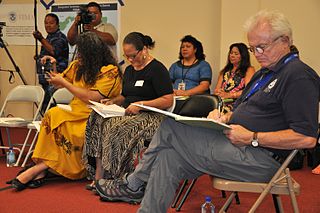
Public relations (PR) is the practice of managing and disseminating information from an individual or an organization to the public in order to influence their perception. Public relations and publicity differ in that PR is controlled internally, whereas publicity is not controlled and contributed by external parties. Public relations may include an organization or individual gaining exposure to their audiences using topics of public interest and news items that do not require direct payment. The exposure mostly is media-based. This differentiates it from advertising as a form of marketing communications. Public relations aims to create or obtain coverage for clients for free, also known as earned media, rather than paying for marketing or advertising also known as paid media. But in the early 21st century, advertising is also a part of broader PR activities.
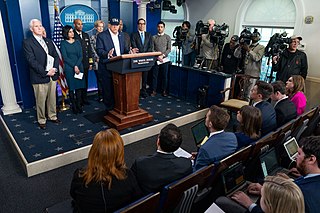
In public relations and politics, spin is a form of propaganda, achieved through knowingly providing a biased interpretation of an event or campaigning to influence public opinion about some organization or public figure. While traditional public relations and advertising may manage their presentation of facts, "spin" often implies the use of disingenuous, deceptive, and manipulative tactics.
Corporate propaganda refers to propagandist claims made by a corporation, for the purpose of manipulating market opinion with regard to that corporation, and its activities.
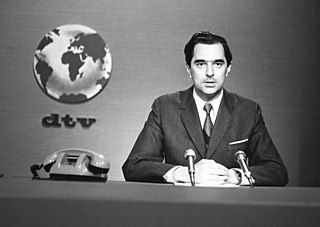
Media manipulation is a series of related techniques in which partisans create an image or argument that favors their particular interests. Such tactics may include the use of logical fallacies, manipulation, outright deception (disinformation), rhetorical and propaganda techniques, and often involve the suppression of information or points of view by crowding them out, by inducing other people or groups of people to stop listening to certain arguments, or by simply diverting attention elsewhere. In Propaganda: The Formation of Men's Attitudes, Jacques Ellul writes that public opinion can only express itself through channels which are provided by the mass media of communication – without which there could be no propaganda. It is used within public relations, propaganda, marketing, etc. While the objective for each context is quite different, the broad techniques are often similar.
Media literacy is an expanded conceptualization of literacy that includes the ability to access and analyze media messages as well as create, reflect and take action, using the power of information and communication to make a difference in the world. Media literacy is not restricted to one medium and is understood as a set of competencies that are essential for work, life, and citizenship. Media literacy education is the process used to advance media literacy competencies, and it is intended to promote awareness of media influence and create an active stance towards both consuming and creating media. Media literacy education is part of the curriculum in the United States and some European Union countries, and an interdisciplinary global community of media scholars and educators engages in knowledge and scholarly and professional journals and national membership associations.

A rumor, or rumour, is "a tall tale of explanations of events circulating from person to person and pertaining to an object, event, or issue in public concern."
The hypodermic needle model is a model of communication suggesting that an intended message is directly received and wholly accepted by the receiver. The model was originally rooted in 1930s behaviourism and largely considered obsolete for a long time, but big data analytics-based mass customisation has led to a modern revival of the basic idea.

The propaganda model is a conceptual model in political economy advanced by Edward S. Herman and Noam Chomsky to explain how propaganda and systemic biases function in corporate mass media. The model seeks to explain how populations are manipulated and how consent for economic, social, and political policies, both foreign and domestic, is "manufactured" in the public mind due to this propaganda. The theory posits that the way in which corporate media is structured creates an inherent conflict of interest and therefore acts as propaganda for anti-democratic elements.

Propaganda in China refers to the use of propaganda by the Chinese Communist Party (CCP) or, historically, the Kuomintang (KMT) to sway domestic and international opinion in favor of its policies. Domestically, this includes censorship of proscribed views and an active promotion of views that favor the government. Propaganda is considered central to the operation of the CCP and the Chinese government, with propaganda operations in the country being directed by the CCP's Central Propaganda Department.
In media studies, mass communication, media psychology, communication theory, and sociology, media influence and themedia effect are topics relating to mass media and media culture's effects on individuals' or audiences' thoughts, attitudes, and behaviors. Through written, televised, or spoken channels, mass media reach large audiences. Mass media's role in shaping modern culture is a central issue for the study of culture.

The Publicity Department of the Central Committee of the Communist Party of China, also known as the Propaganda Department or Central Propaganda Department, is an internal division of the Central Committee of the Chinese Communist Party (CCP) in charge of spreading its ideology, media regulation, as well as creation and dissemination of propaganda. The department is also one of the main entities that enforces media censorship and control in the People's Republic of China.
The politico-media complex is a name given to the network of relationships between a state's political and ruling classes and its media industry. It may also encompass other interest groups, such as law, corporations and multinationals. The term PMC is used as a pejorative, to refer to the collusion between governments, individual politicians, and the media industry.
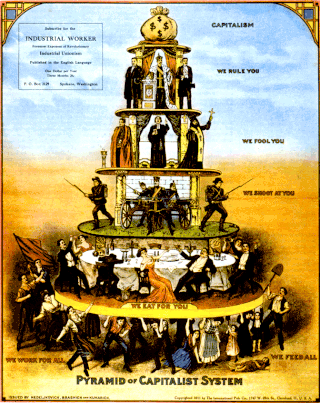
A number of propaganda techniques based on social psychological research are used to generate propaganda. Many of these same techniques can be classified as logical fallacies, since propagandists use arguments that, while sometimes convincing, are not necessarily valid. Propaganda techniques emerge from abusive power and control tactics.
Mediatization is a process whereby the mass media influence other sectors of society, including politics, business, culture, entertainment, sport, religion, or education. Mediatization is often understood as a process of change or a trend, similar to globalization and modernization, where the mass media are integrated to an increasing degree into other sectors of the society. Political actors, opinion makers, business organizations, civil society organizations, and others have to adapt their way of communication to a form that suits the needs and preferences of the mass media – the so-called media logic. Any person or organization who want to spread their messages to a larger audience have to adapt their messages and communication style to make it attractive for the mass media.
Philip N. Howard is a sociologist and communication researcher who studies the impact of information technologies on democracy and social inequality. He studies how new information technologies are used in both civic engagement and social control in countries around the world. He is Professor of Internet Studies at the Oxford Internet Institute and Balliol College at the University of Oxford. He was Director of the Oxford Internet Institute from March 2018 to March 26, 2021. He is the author of ten books, including New Media Campaigns and The Managed Citizen, The Digital Origins of Dictatorship and Democracy, and Pax Technica: How the Internet of Things May Set Us Free or Lock Us Up. His latest book is Lie Machines: How to Save Democracy from Troll Armies, Deceitful Robots, Junk News Operations, and Political Operatives.
Mediated cross-border communication is a scholarly field in communication studies and refers to any mediated form of communication in the course of which nation state or cultural borders are crossed or even get transgressed and undermined.
International communication is the communication practice that occurs across international borders. The need for international communication was due to the increasing effects and influences of globalization. As a field of study, international communication is a branch of communication studies, concerned with the scope of "government-to-government", "business-to-business", and "people-to-people" interactions at a global level. Currently, international communication is being taught at colleges worldwide. Due to the increasingly globalized market, employees who possess the ability to effectively communicate across cultures are in high demand. International communication "encompasses political, economic, social, cultural and military concerns".











